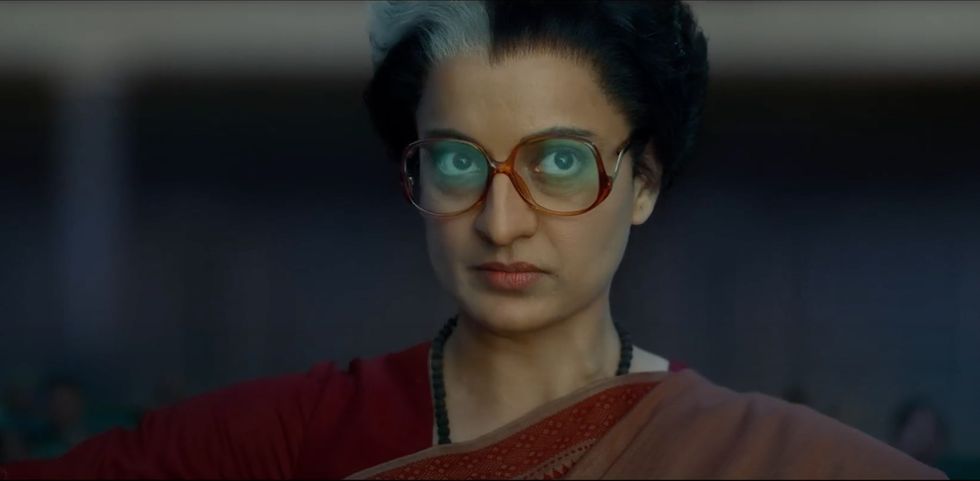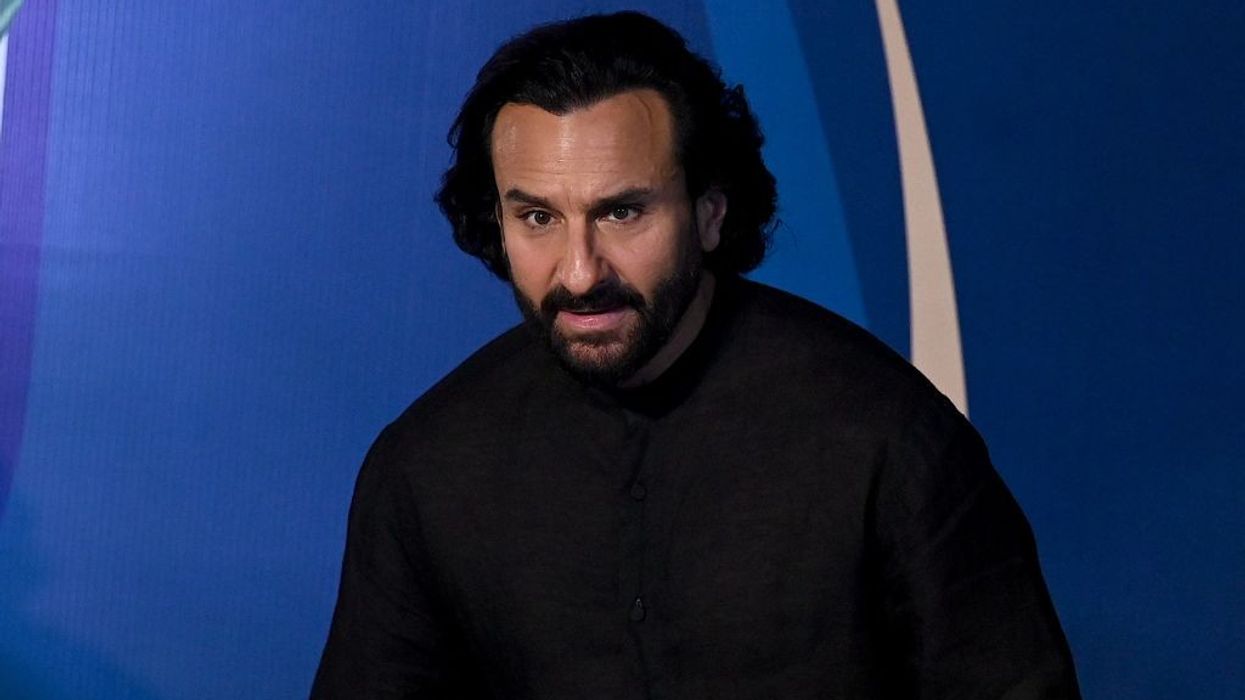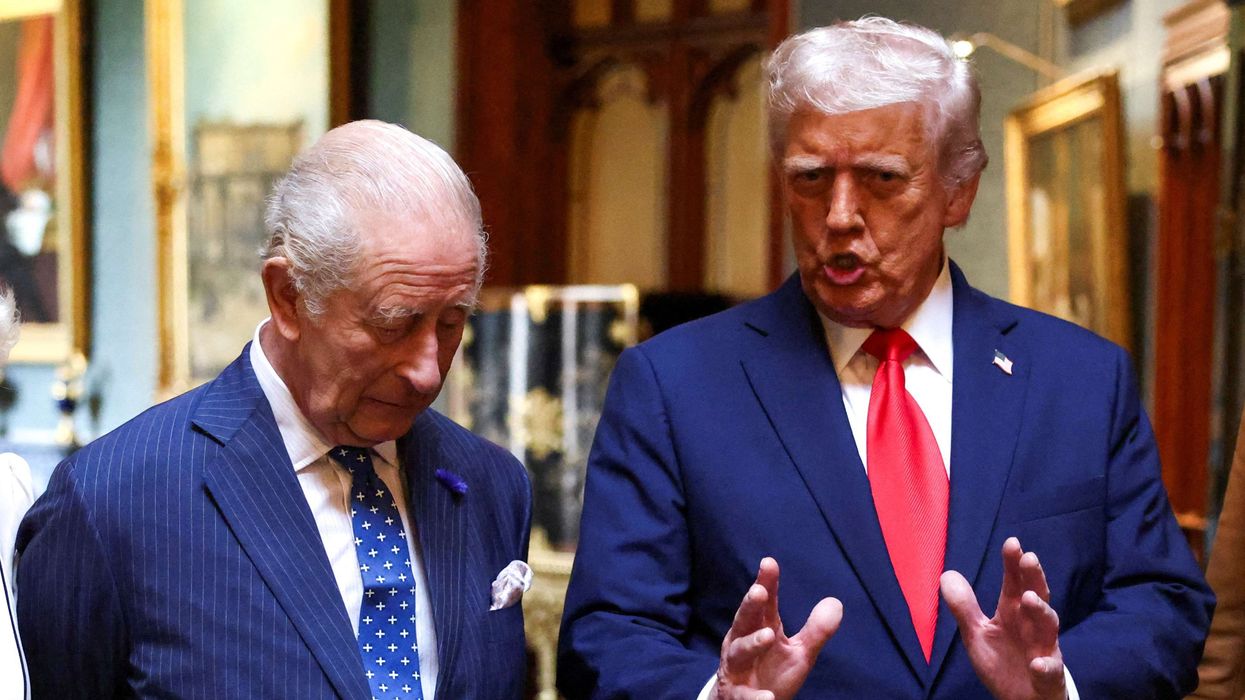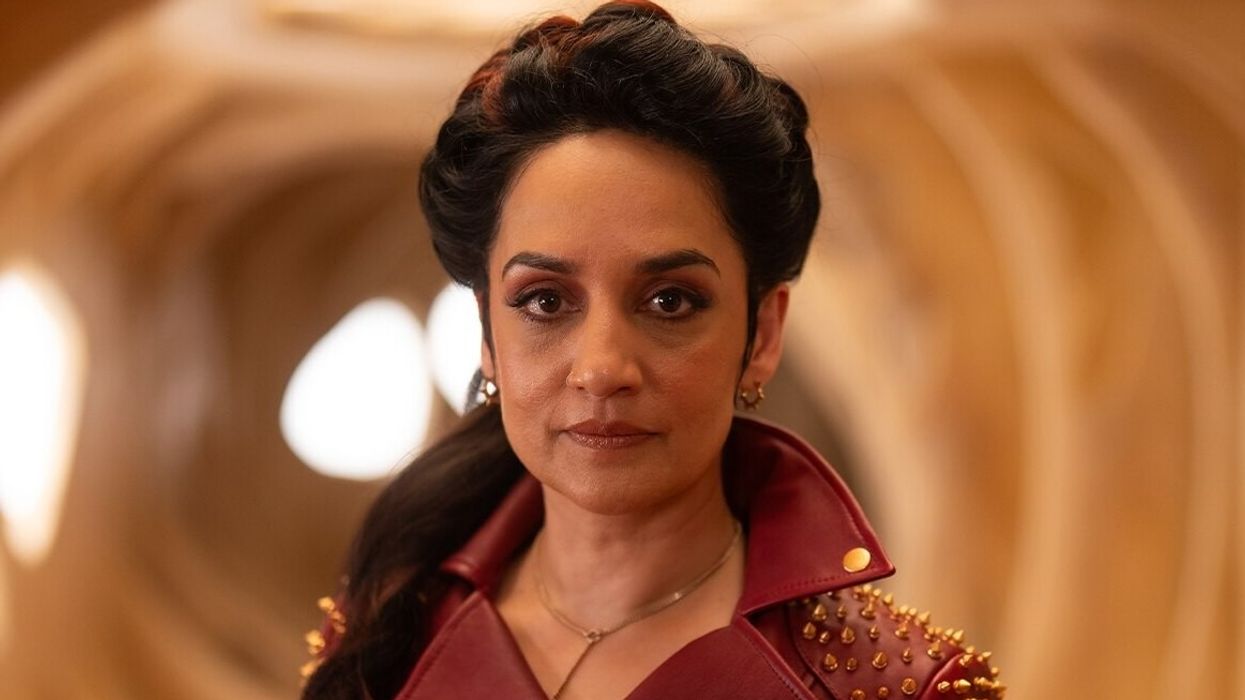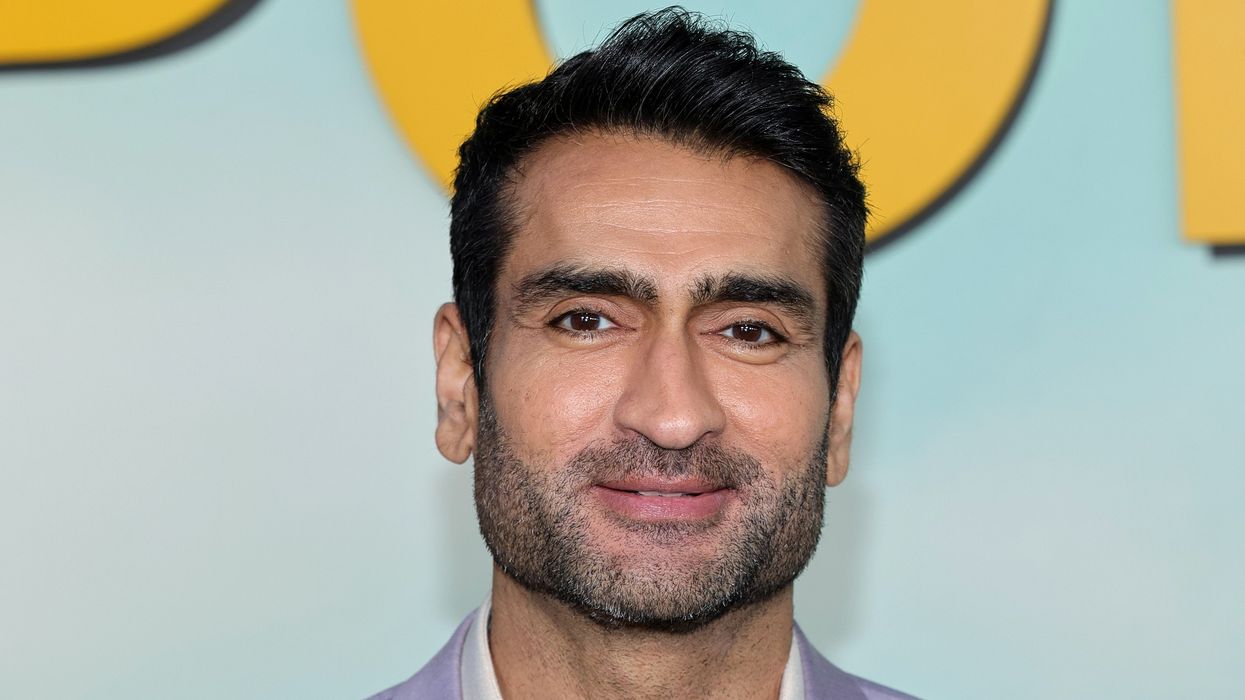COMIC SINGH IN UK
PUNJABI-language stand-up comedian Manpreet Singh will return to the UK in March for a series of shows at Midlands Arts Centre in Birmingham (21), The Urban Building in Slough (22), and Chutney Ivy in Leicester (23). Affectionately known as Comic Singh, the top Indian talent promises a performance powered by family-friendly humour. He will follow up the UK tour with his first-ever shows in Germany and Holland in April.
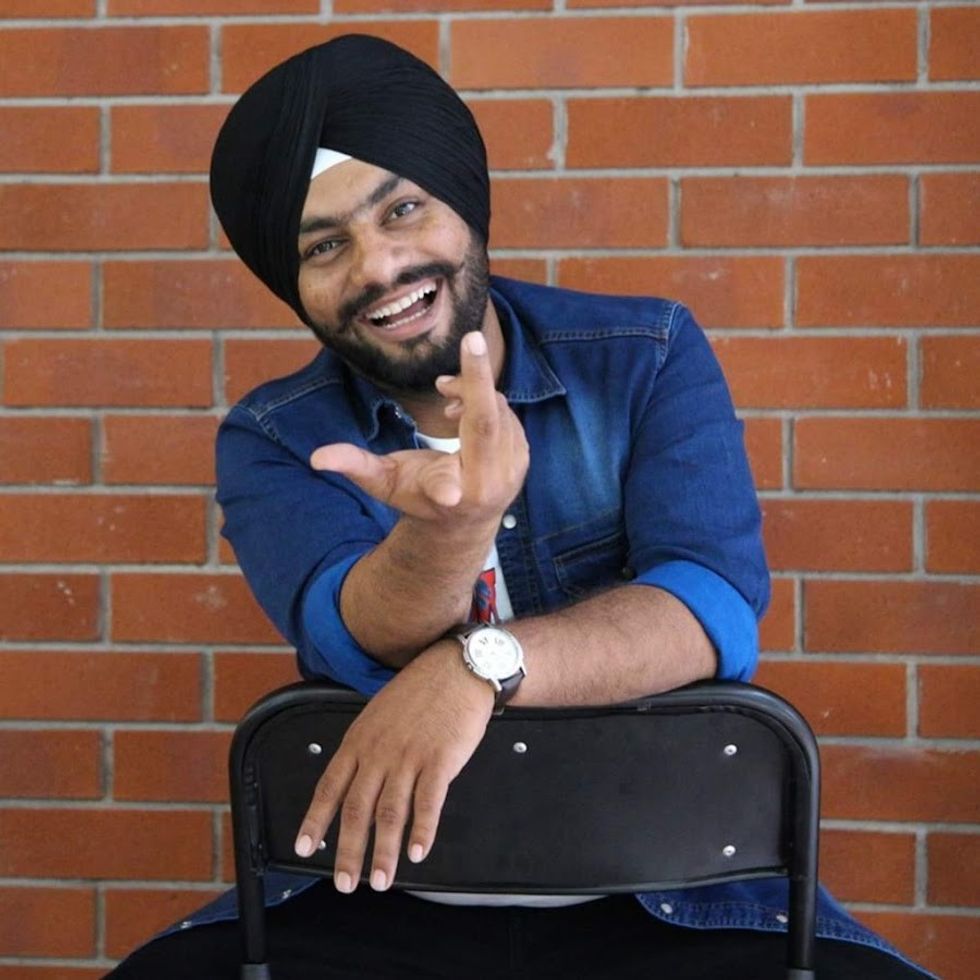
SAIF ATTACK MYSTERY
THERE are far too many unanswered questions surrounding the Saif Ali Khan knife attack case. From inconsistencies in the story to how the attacker was able to bypass security so easily, and why Saif chose to go to the hospital in an autorickshaw, many are speculating that the real truth is being concealed. Further raising suspicions is the fact that the man arrested for the alleged crime does not appear to resemble the intruder seen in the CCTV footage.
BAD CELEBRITY CREDIT
A TROUBLING trend emerging in Hollywood is bigname stars attaching themselves to existing films that are vying for awards, long after the projects have been completed. This opportunistic behaviour continued recently with Mindy Kaling and Priyanka Chopra-Jonas becoming executive producers of the Oscar-nominated film Anuja.
While those associated with the movie gain press attention, it feels unfair that stars with no prior involvement in a film can simply jump on the bandwagon for personal gain.
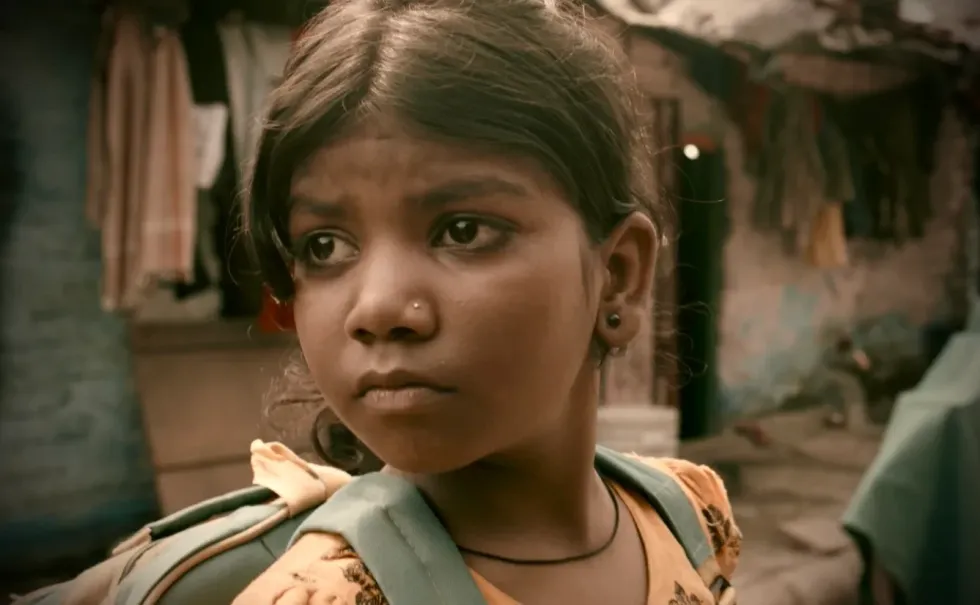
ARPITA ART EXHIBITION
LEGENDARY Indian artist Arpita Singh will finally have her first institutional solo exhibition in London at the Serpentine North Gallery, running from March 20 to July 27.
The free exhibition, titled Remembering, will explore the full breadth of her work, showcasing large-scale oil paintings, intimate watercolours, and ink drawings from her prolific six-decade career.
Born in Baranagar in 1937, Singh emerged in the 1960s with a painting practice that fused surrealism and figuration with narratives inspired by Indian court paintings.
Reflecting on the exhibition, Singh said: “Remembering draws from old memories from which these works emerged. Whether I am aware or not, there is something happening at my core. It is how my life flows.
“Serpentine is a known and well-established gallery. To have a solo show there is a pleasure, honour, and surprise to me.”
To coincide with the exhibition, Serpentine will release the most comprehensive publication to date on the artist, highlighting her significant role in contemporary international art.
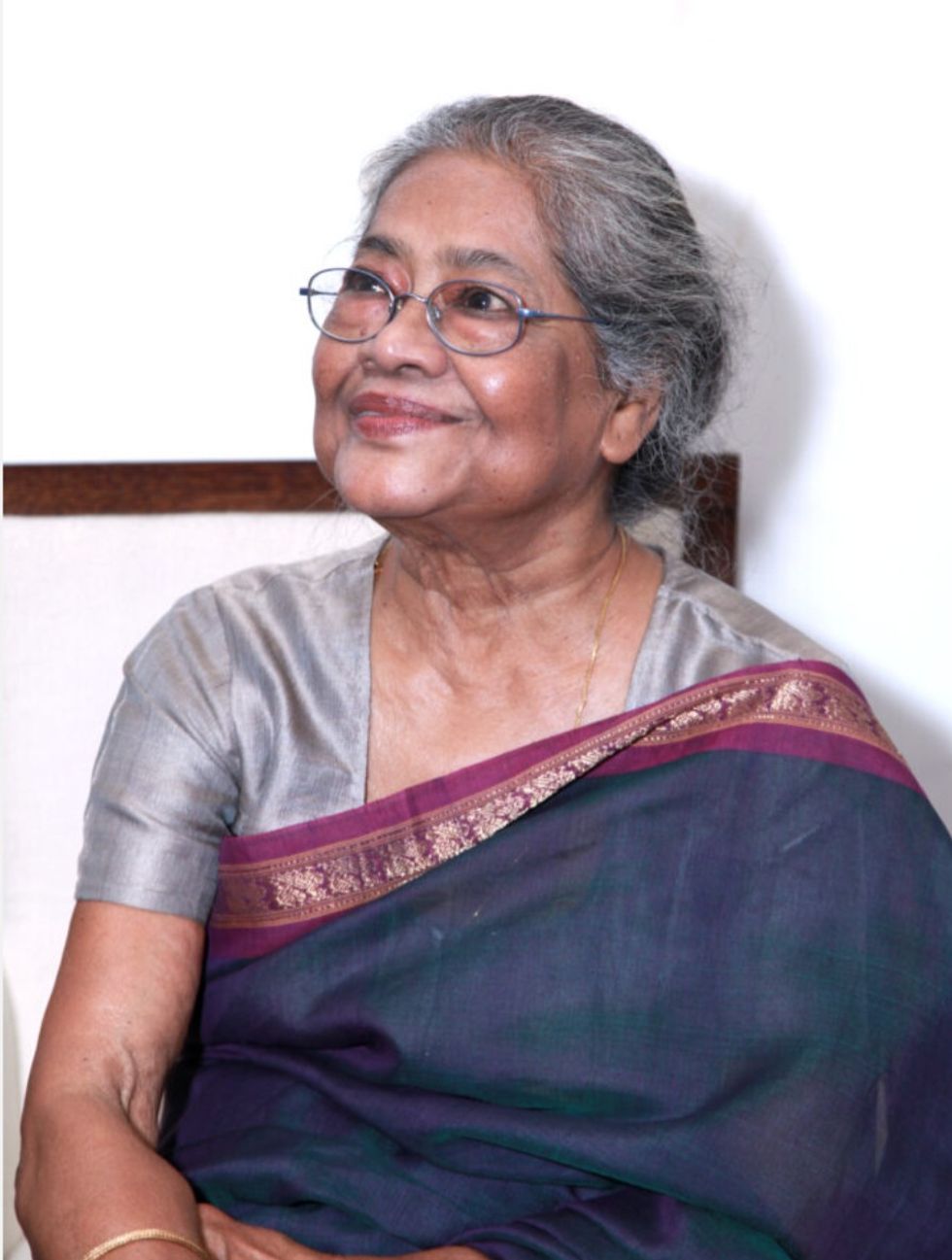
OLD FILMS RE-RELEASED
The state of Bollywood business has become so dire that distributors are regularly re – releasing older films in India to draw audiences into emp-ty cinemas. Following the recent re-release of the 2013 romantic musical yeh jawaani Hai Dewaani, the 2017 comedy Bareilly Ki Barfi is set to return to threatres in February.
While these older fims generate only modest box office returns, they are being re-released frequently because most few Hindi films have become so un-appealing to audiences.
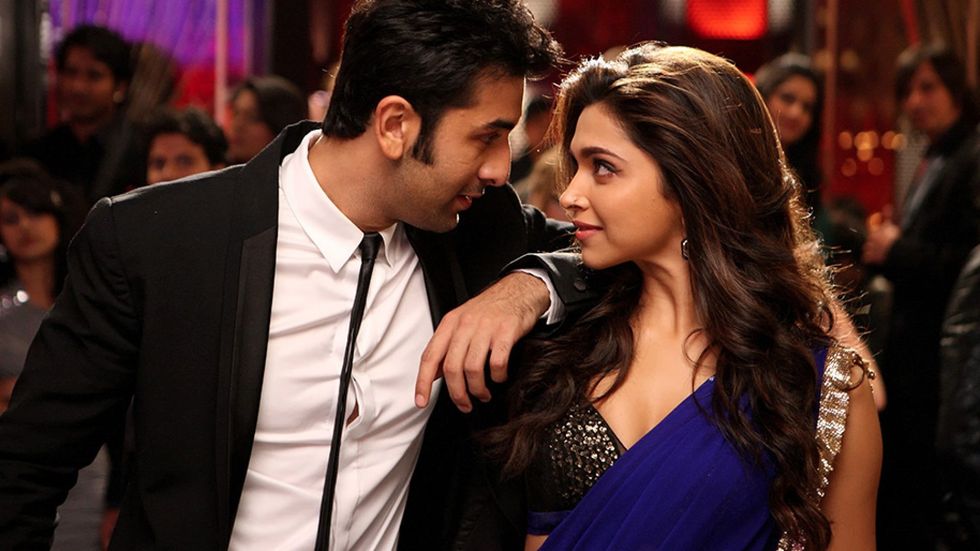
SOUTH INDIAN REMAKES NO LONGER MAKE SENSE
IN THE past, it made sense to produce Bollywood remakes of regional-language movies because there were no streaming platforms providing easy access to the originals.
However, in today’s landscape, where audiences can readily watch the original films, clueless Hindi cinema producers constantly churning out remakes instead of coming up with original ideas no longer makes sense – and this is why most remakes fail at the box office.
Baby John, a remake of the 2016 Tamil film Theri, was a major flop when it released at the end of December. Loveyapa, which is set to be released next Friday (7), is a remake of the 2022 Tamil romantic comedy Love Today and seems destined to be another disaster.
This week’s big Hindi cinema release, Deva, is reportedly inspired by the 2013 Malayalam-language thriller Mumbai Police and also appears likely to fail.
With many more remakes in the pipeline, it seems Hindi film producers are refusing to learn their lesson.
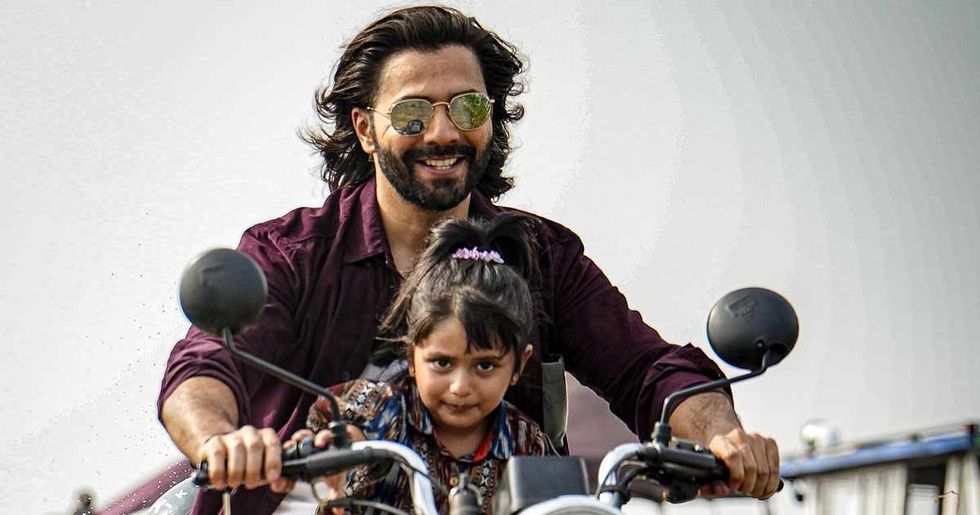
HYPE GROWS STRONGER WITH PUNJAB 95 BAN
THE Diljit Dosanjh movie Punjab 95 has been mired in controversy for its depiction of the true story of Sikh human rights activist Jaswant Singh Khalra.
Khalra, who investigated thousands of illegal killings and cremations carried out by the Punjab police, was shockingly kidnapped, tortured, and murdered by the same authorities.
The film was initially barred from screening at a major international film festival and later banned in India after producers refused to make more than 100 cuts requested by the censor board.
While it remains banned in India, the uncut version wasscheduled for an international release next Friday (7), but that release has now been stopped.
It appears that some powerful forces in India are determined to prevent audiences from watching this film. Ironically, the obstacles they have created are giving Punjab 95 free publicity, making audiences even more eager to see it.
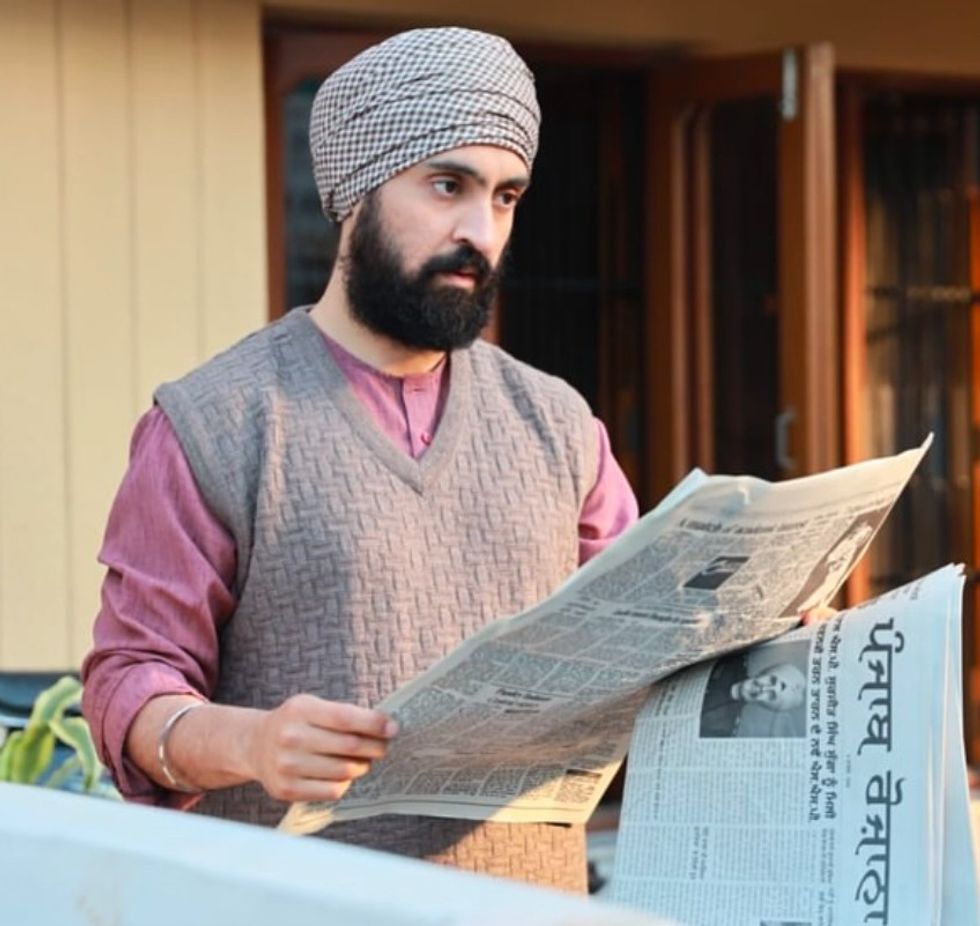
REALITY TV WINNERS HAVE BIG DOWNFALL
ACTOR Karan Veer Mehra has added to his Fear Factor: Khatron Ke Khiladi 14 title by winning Bigg Boss 18. While triumphing in India’s biggest reality show may appear to be a life-changing moment, the reality is that very few have benefitted from winning it. In fact, for most celebrities who have participated in the Indian version of Celebrity Big Brother, the experience has often been a hindrance, limiting opportunities for major projects such as big-budget films. This is why this year’s winner, like many before, is likely to be quickly forgotten.

MUSIC GREAT ROSHAN RIGHTLY REMEMBERED
ALTHOUGH the newly released Netflix documentary series The Roshans steers clear of scandals, it remains a compelling watch.
The four-part series dedicates an episode to each of the four main family members who have made their mark in Bollywood across three generations, including Rakesh, Rajesh, and Hrithik Roshan.
Perhaps the most captivating episode focuses on Hrithik’s grandfather, music director Roshan, who delivered iconic songs like Jo Wada Kiya from Taj Mahal (1963) but never received the recognition he truly deserved.
Hindi cinema fans will also be surprised to discover the sheer number of hit songs composed by his son Rajesh Roshan, including the iconic soundtrack for Yaarana (1981).
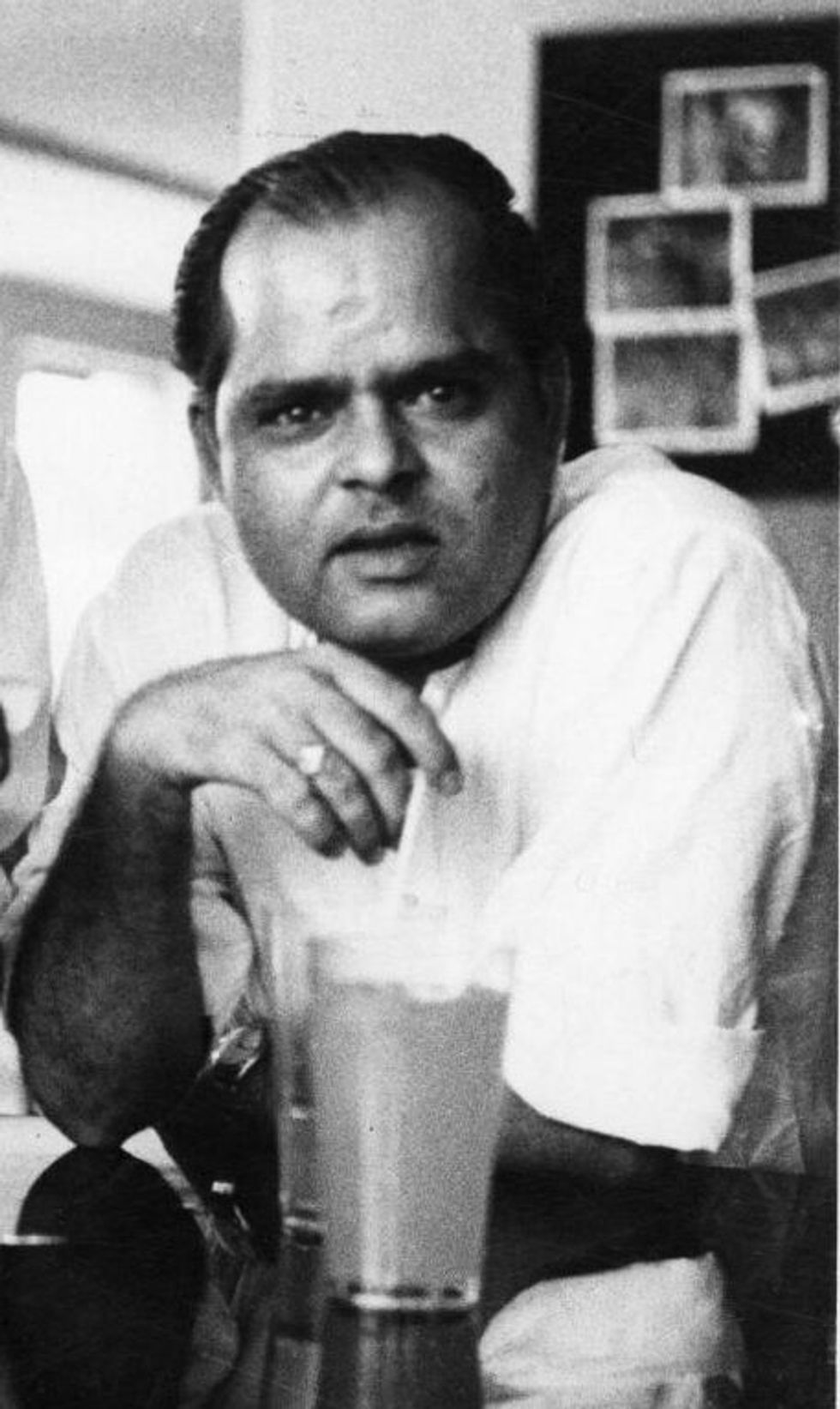
MAJOR EMERGENCY FAIL
KANGANA RANAUT has added to her growing list of flops with her recently released film Emergency. As predicted by many, including myself, the political drama – where she portrayed Indira Gandhi – was a resounding failure. This latest disaster means the self-proclaimed “queen of Bollywood” hasn’t had a proper hit since 2015. Her painfully long list of unsuccessful films highlights her inability to choose decent projects and suggests that audiences have been put off by her controversial and toxic behaviour.
Anyone still willing to invest money in films starring her should get their head examined.
